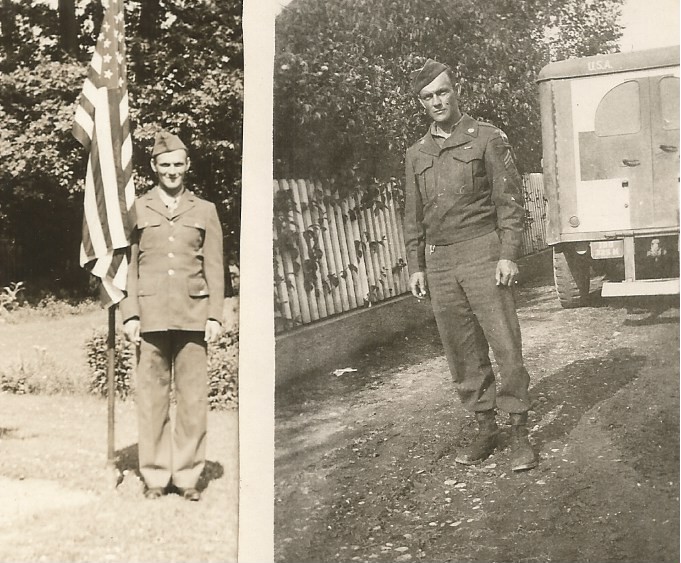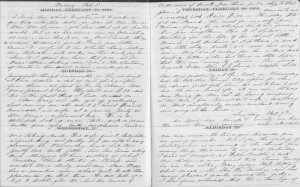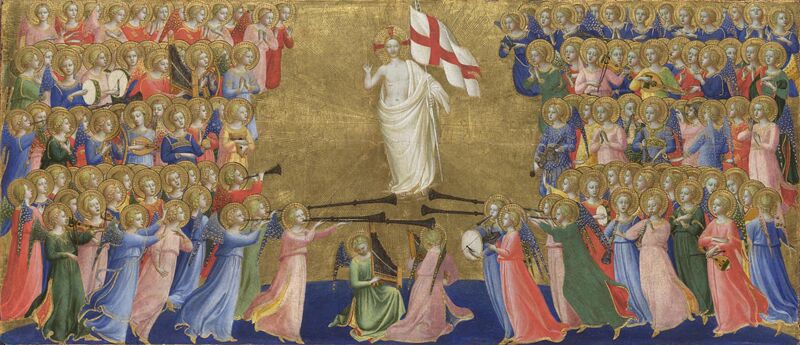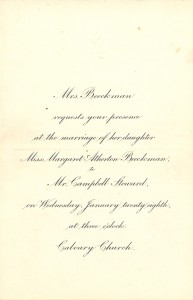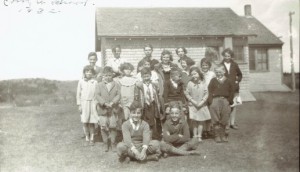
When I was perhaps three years old and lively, my mother returned to teaching grades K–8 in a one-room schoolhouse just north of our house in Augusta, Maine, known as the White Schoolhouse. Lacking daycare at the time, she took me with her most days, and I learned the Palmer method of cursive handwriting long before I learned to sit still. I didn’t realize until much later that the school had been a point of contention between my great-great-great-great-grandfather Read and the City’s school board. Continue reading The Red and White Schoolhouses


